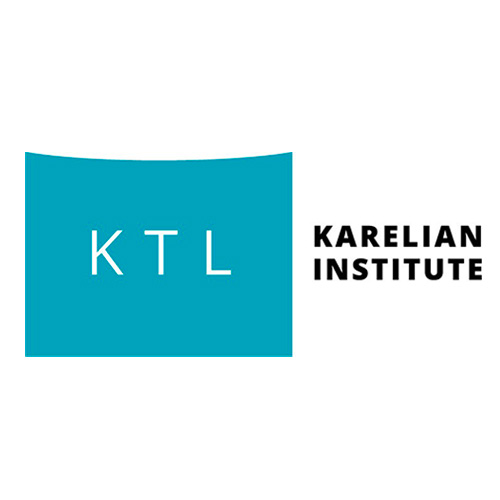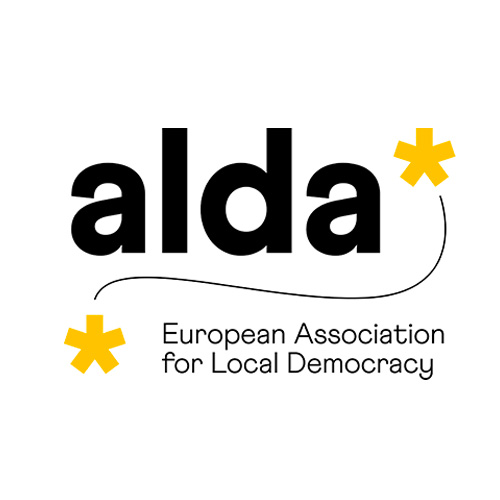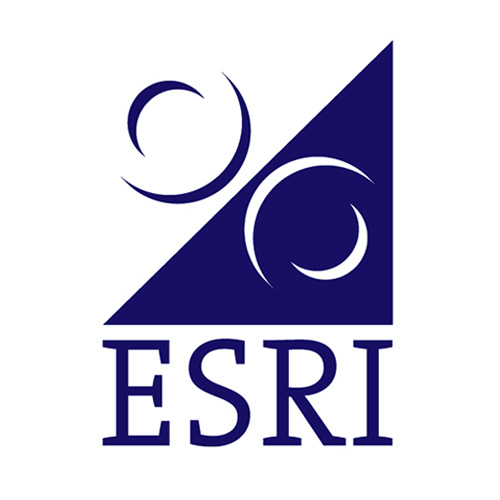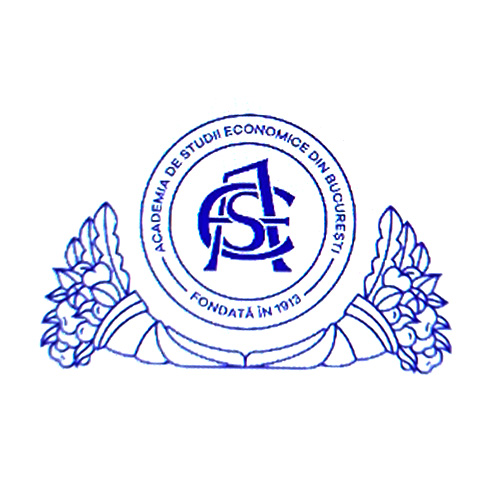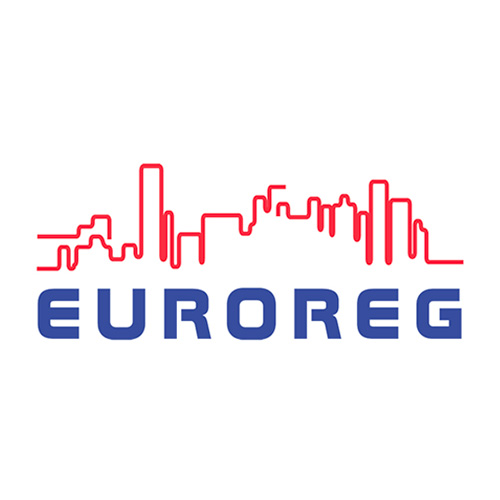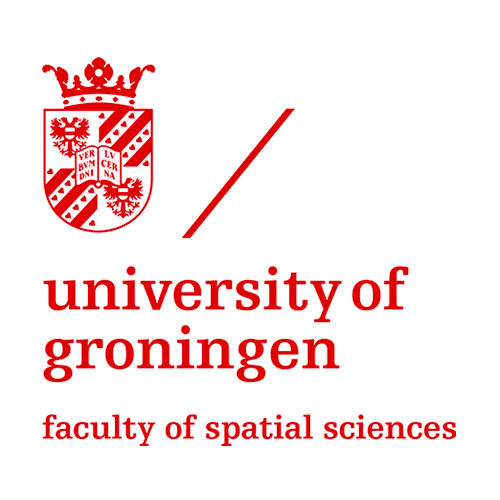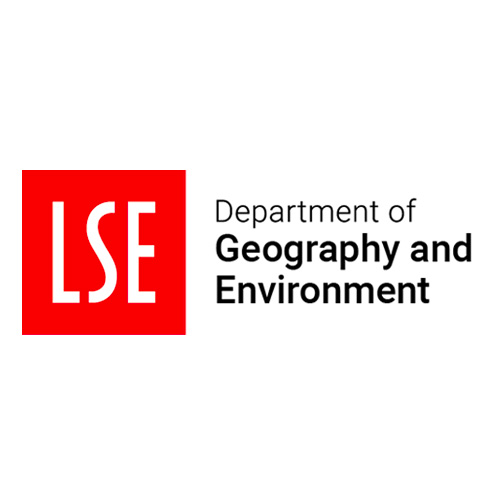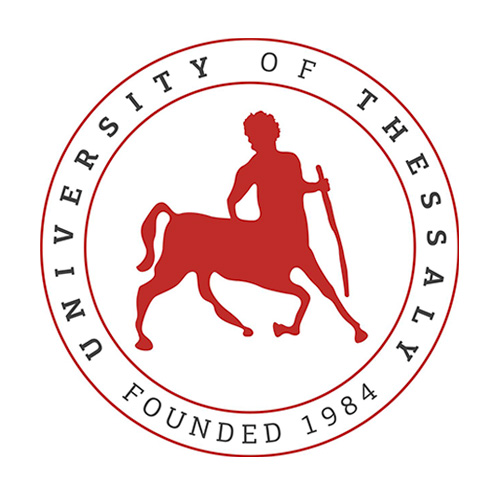We are glad to announce that a kick-off meeting took place on the 13th and 14th of October 2022, where partners of the ESSPIN project met for the first time to begin their mission to support the EU initiatives on social and economic transformations towards an inclusive society.
In ESSPIN, the following Work Packages are included:
Work Package 1
This group, led by UTH, will define inequality, propose new indicators of measurements and explore empirically the critical thresholds, tolerance levels or turning points indicating when diversity becomes inequality.
Work Package 2
This group, led by RUG, will provide the analysis and empirical investigation of the impact of pre-market drivers of inequality across social groups and spatial scales. In doing so, the analysis is taking into consideration the interactions of pre-market drivers with other endogenous or exogenous processes.
Work Package 3
This group, led by LSE, will examine the effect of in-market drivers on economic, social and spatial inequalities by taking into consideration their interactions with other important drivers and processes. It will analyze the effects of the evolution of major in-market drivers, such as institutions, market structure, globalization and industry 4.0 dynamics on inequalities over different social and spatial scales.
WP3 will examine their independent, but also combined effects on economic, social and spatial inequalities. The analysis will relate drivers to outcomes, but also types of inequalities with each other. Inequalities with respect to income, living conditions, or poverty, will be related to inequalities in perceptions, gender, race, or ethnic background and all together will be related to a palette of interconnected drivers, boosting, differentiating or offsetting the impact of each other over different social and spatial contexts.
Work Package 4
This group, led by UNICA, will examine the effect of post-market drivers on economic, social and spatial inequalities in their interaction with important drivers and endogenous or exogenous factors. The post-market drivers’ effects include fiscal, structural, social or development policies. Post-market drivers may interact with each other and either enhance or diminish planned or side effects on inequalities. Different policy settings at the European, national and regional levels with a range of economic and social goals may see their design and effectiveness be affected by co-current processes related to technological breakthroughs, the process of integration, or climate change. As a result of these interactions, their impact may be weaker over targeted specific social groups or places, giving rise to the diverse spectrum of perceptions related to policymaking and the expression of place-specific and social group-specific discontent.
Work Package 5
This group, led by UEF, will conduct a targeted set of 16 policy case studies in 8 countries with the aim of examining the (in)effectiveness of policies in addressing rising inequalities in left-behind places and social groups. This case study-oriented work package involves the scrutiny of socio-economically relevant policies and their interactions within the specific territorial and social contexts, in a place-based approach.
The key question addressed is why, too often, the same social groups and places have such a low response to policy interventions and appear at the low end of the welfare scale, or why underperformance is so persistent over time for specific places or social groups. The core idea behind the case studies is that policy design and intervention needs to be better informed by the experience of persistently underperforming places and systematically marginalized social groups in Europe.
Work Package 6
This group, led by POLIMI, will make the synthesis of the results and findings of all previous WPs (1-5) and their capitalization aiming to create an evidence-based relational platform connecting drivers, outcomes, dimensions and perceptions of inequality to each other, over different social groups and spatial scales that will allow for the development of different scenarios with respect to major drivers of change in order to inform proactive and reactive policy making.
WP6 will develop an open-access platform, that will allow for the estimation of the levels and types of inequality for specific social groups and spatial levels under different scenarios related to initial conditions, the combined impact of drivers and the strength and mix of policy responses. On the basis of these scenarios, WP6 will provide recommendations for a more effective confrontation of inequalities in a policy environment that is more complex and demanding.
Work Package 7
This group, led by ALDA, is responsible for the communication and dissemination of the project’s results with the aim to communicate and disseminate results and practices to a diverse and wide academic and non-academic audience, while ensuring the visibility of the project.
Work Package 8
This group, led by UTH, is designed to provide the project research team with a functional project secretariat which will ensure that the research teams have the best possible conditions for the smooth, timely and effective implementation of the project.
For Project Management, a quality control system will be created to enable efficient decision-making, and rapid information flow within the project teams as well as internal and external consultations.
Work Package 9
This group, led by UTH, will ensure compliance with the ‘ethics requirements’ set out in this work package.
Overall, these two days have proven to be a successful beginning, and a good synergy was born, paving the way for the next 3 years of the project.


